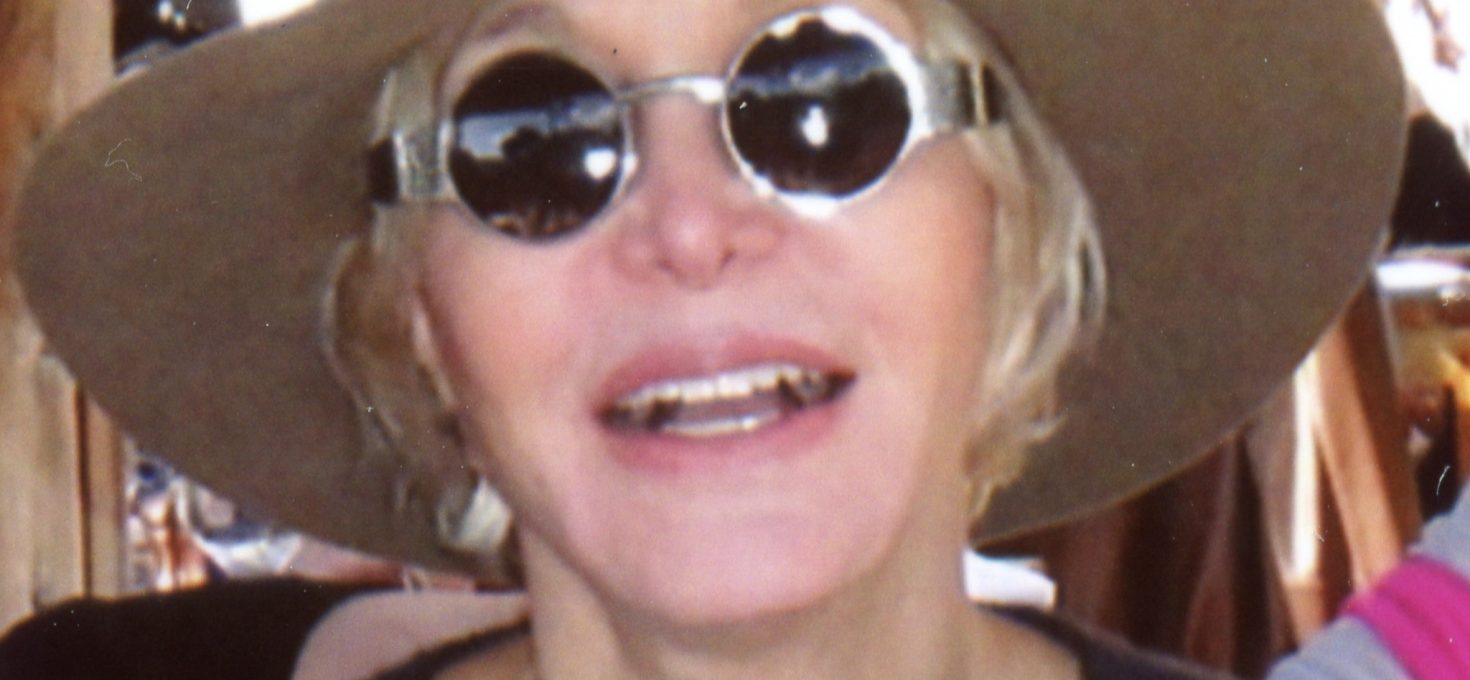“I don’t think of myself as a poor deprived ghetto girl who made good. I think of myself as somebody who from an early age knew I was responsible for myself, and I had to make good.” -Oprah Winfrey
People invest in the stock market, but what good does it do you if you have poor health and can’t enjoy it. You and only you can take care of yourself. If you subtract a few years from your birth age, taking the age that you feel, may actually buy you a few more objective years of healthy and productive life. This is my feeling exactly! If we focus on our limitations we become limited. I think we need to forget what the calendar says and pick the age that you feel and become that age.
When it comes to our chronological age, we need to break the cycle by redefining the assumptions and stereotyping of the “social clock”, the right age for certain behaviors. Society has unfairly placed this time line on us. We mindlessly accept when told that at sixty we are in the last third of our lives when no one really knows that. Not even a doctor can be completely sure of our death, even if we were terminally ill.
I was at the local Urgent Care one Sunday morning with an earache. As I was flying to Cuba for a cultural educational trip, representing screenwriters, I needed to take care of this. After I completed the medical questionnaire, I was escorted to one of the exam rooms where I waited for the doctor. When the doctor opened the door and started to enter the room: “I’m so sorry,” he said. “I have the wrong room.”
In my mind I counted to ten and sure enough, he was back.
“Nola Rocco?” he asked.
And when I replied, he apologized. “I looked at the chart and was looking for a sixty year old woman.”
I’m sure he expected an older woman in a housedress and bunny slippers. These expectations that the “social clock” has placed on us by society need to be broken.
I was 55 when my daughter became pregnant, panicking that the stereotyping would add years to me, I made it very clear to my daughter that I would pick the name I wanted my granddaughter to call me. It wasn’t that I wasn’t proud. I just did not want to be called “Grandma” or “Granny” or “Nona” or any foreign cute name that had anything to do with labeling me a grandmother. After being called, “Here she is!” for eighteen months after her birth, I settled on Granola (gran-Nola). I couldn’t believe it took me so long to figure that one out. I’m sure it had to do with repressing the thought that society would see me differently. And now both friends and family call me Granola, not just my granddaughter.
Words like: decline, forgets, misplaced, need to be removed from your vocabulary. Retired, senior and even grandmother is a label that has a negative aspect of aging. The more we see ourselves taking on a more active role in our physical and social life, refusing to fall into the negative stereotype of being an old person, we will become more youthful. It will happen.
Just something as simple as changing the color of your hair can have an enormous effect of people’s perception of you. We have been culturally taught from an early age that a person with gray hair is old. When we see a young person with gray hair we assume that they are older than they really are and older people with tinted hair are assumed to be younger. We know this. But, did you realize that when you are perceived younger, you behave younger? Take shoes: a teenager wearing the clunky heeled shoes and long skirt looks, hip; a sixty-year-old wearing the same shoes and skirt can look older than she is. And we would, in most cases, not ever accept a woman in her sixties in a mini skirt. But if she combines the clunky shoes with skinny jeans or a mini skirt and doesn’t over do her makeup and walks with spunk, chances are she will be perceived younger than her chronological age. You may not even realize it, but subconsciously you take on a new behavior, a more youthful “attitude”.
Psychology’s Feminist Voices profiles Bernice Neugarten, Ph.D. from Northwestern University, who debunked many of the stereotypes about later life such as empty nest syndrome, midlife crisis, and menopause as a traumatic experience. She was the first to conduct research on personality and aging, finding out that our personality changes as we age. Her work emphasizing the diversity in aging theorized that rather than a biological clock there were “social clocks” by which people judged our behaviors. And these age norms, these expectations, could have a strong influence on age-appropriate behavior.
Neugarten argued that age was an increasing bad predictor of a person’s health and ability to function. We are not controlled by our biological clock, it’s the social clock that restricts us when we fall into the stereotype comments: “I’m too old.” We need to change our understanding of the “social clock” game—the expected life cycle, the expected age-appropriate behaviors and choose not to be limited by the age related norms governed by our culture and by events in society.
There is no “right” age.


